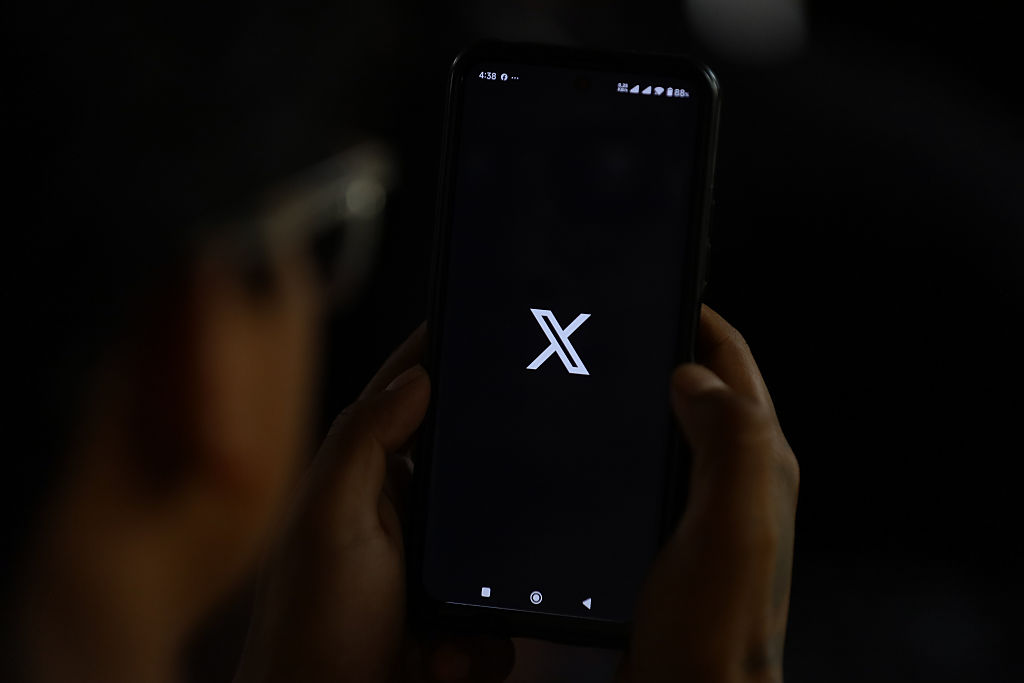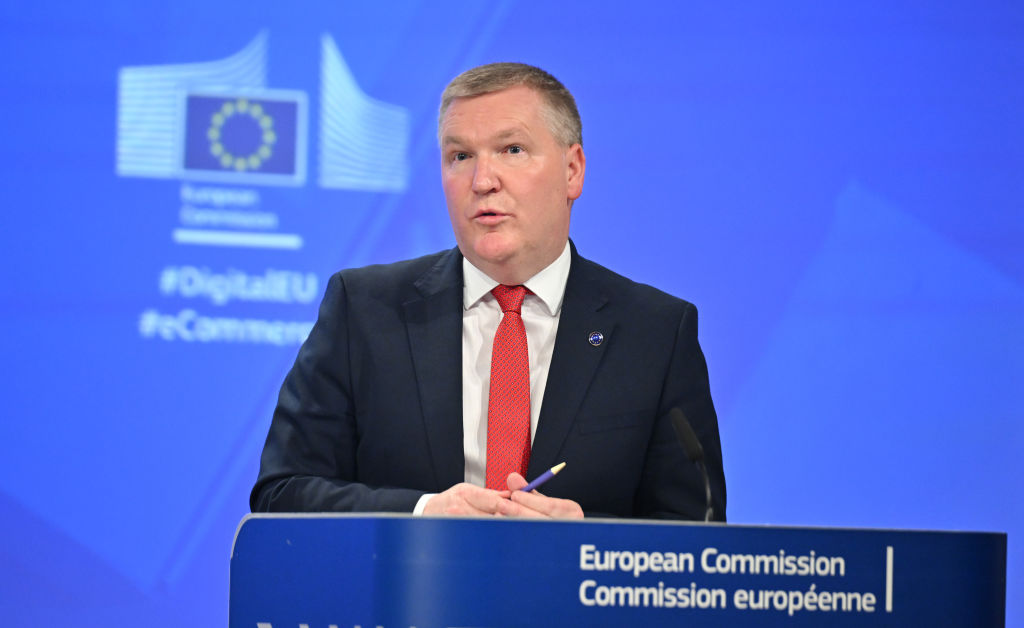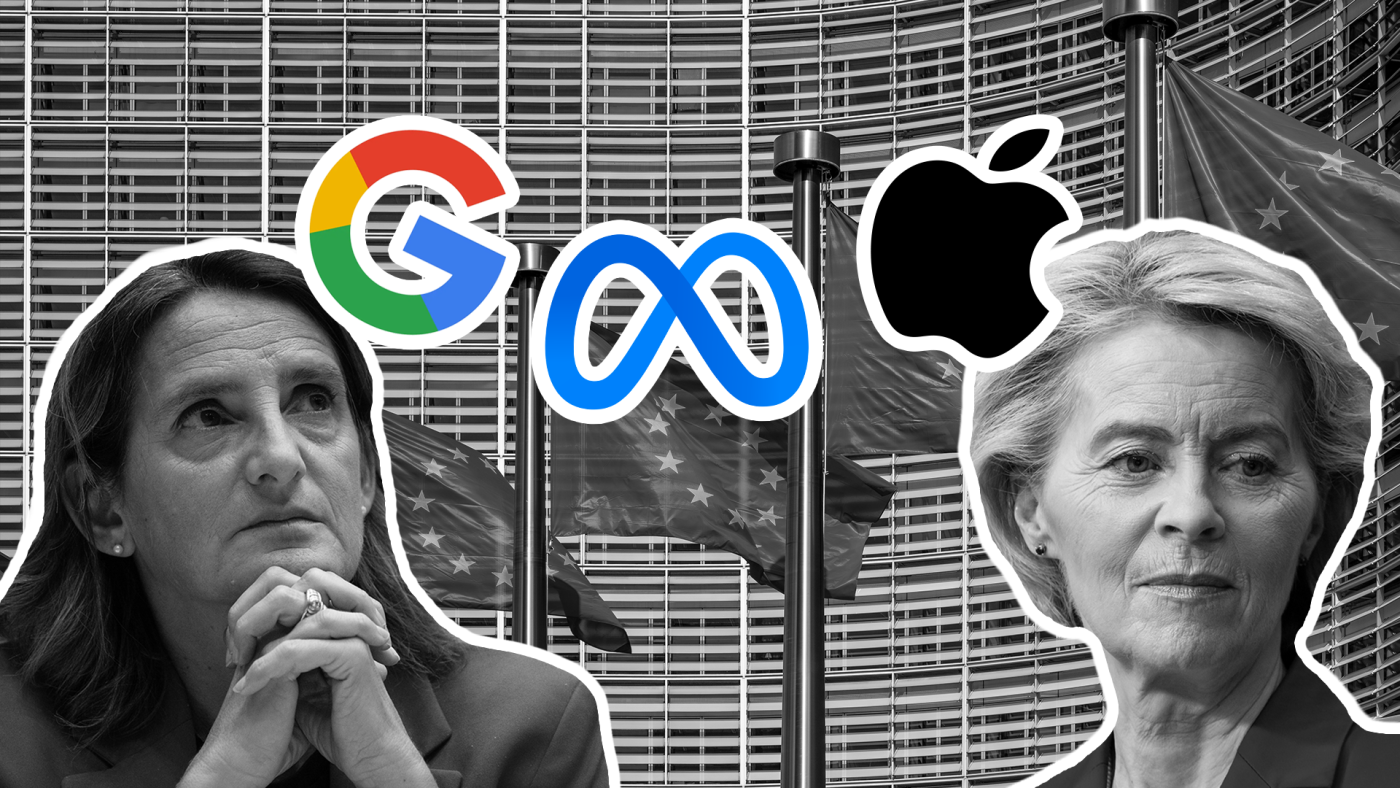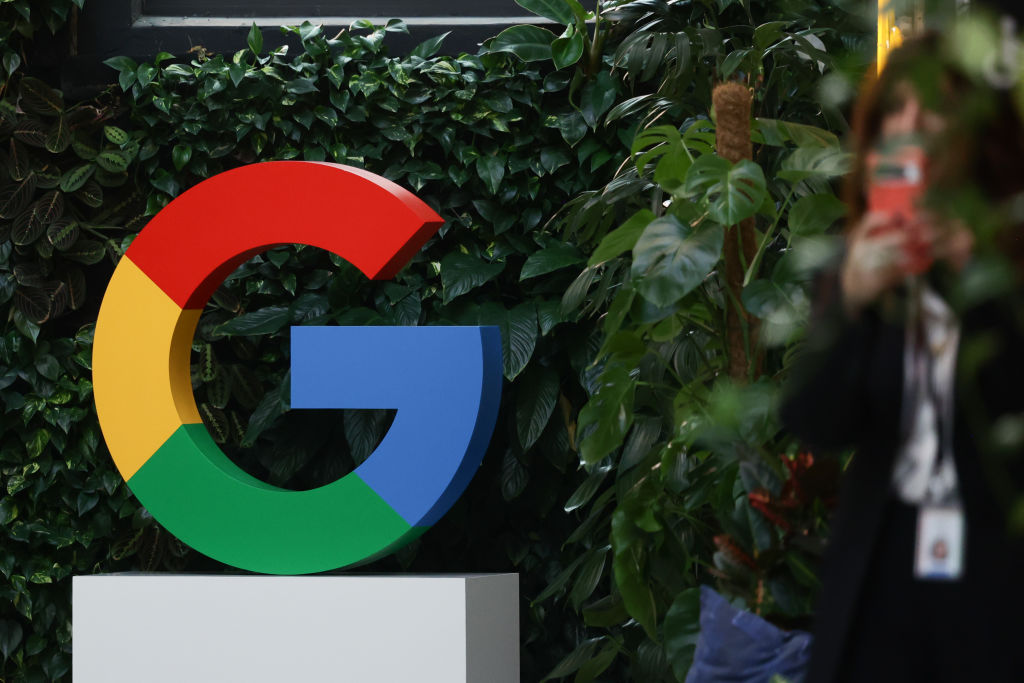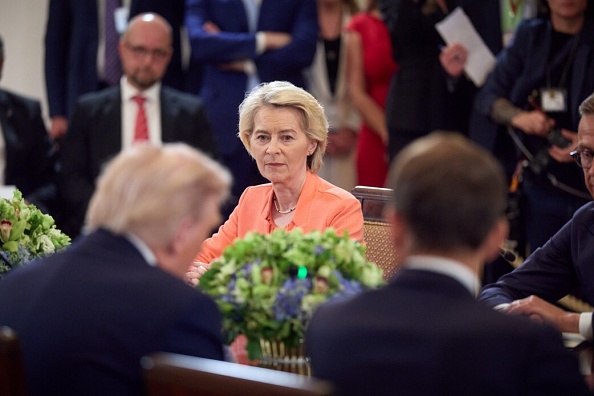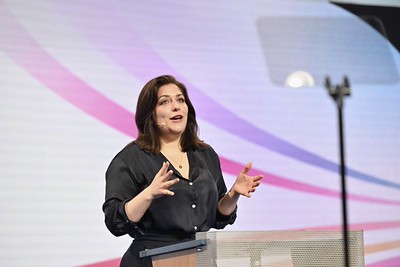Big tech's political ad blackout tests new EU transparency law
Big tech’s retreat from political advertising tests how transparent EU democracy can really be

Meta, Google, and Microsoft have turned their backs on the EU’s new transparency rules for political advertising — by banning such ads altogether — ahead of the law coming into effect last week.
The EU regulation on the transparency and targeting of political advertising aims to crack down on opaque online propaganda by introducing stricter disclosure requirements for political messages that voters are exposed to on digital platforms.
Speaking to EU lawmakers on Thursday, a Commission official defended the new rules, stressing that the law “does not ban political ads” nor regulate the content of such messages. “It simply introduces transparency and accountability requirements for activities that impact our key democratic processes,” they said.
Reacting quickly
Google took an early stance against the law, announcing at the end of the summer that from September 2025, it would restrict ads by “a political actor”, or those seeking to “influence” elections, on its platforms in the EU.
Meta, the owner of Facebook and Instagram, was next, saying it would stop allowing ads related to social issues, elections, and politics in the EU as of 6 October. Advertisers can no longer launch new campaigns on these topics via its Ads Manager tool, according to its announcement. Existing ads would be removed for violating the updated policy, it added.
Microsoft told Euractiv that it banned political ads globally as of 15 April 2019 but – on 10 October 2025 – the company updated its approach in the EU, saying it did so to align its definition of political ads with the EU’s regulation. It also introduced a range of disclosure requirements for advertisers that try to run political ads in the region.
Last week, the European Commission published guidelines for sponsors, advertisers, and platforms affected by the new rules. “If there is an information campaign to prevent disease, this is not a political ad,” an official clarified. A political message posted by a political party on social media does not require a label or transparency notice. But they said accountability is required if any “economic operators” are involved.
The EU’s aim with the law is to shine a light on who is really behind political ads – to expose “dark money” or foreign interference and disinformation campaigns seeking to covertly influence European democracies, according to Renew MEP Sandro Gozi, the Parliament’s rapporteur for the regulation.
Defining political ads
Meta defines political advertising as content on political, electoral, and social issues. The company includes ads that raise public awareness about elections, promote activism on environmental or health topics, or are created by political figures – all under the same category of political advertising.
Google, by contrast, defines political content more narrowly, focusing on election-related material and excluding advocacy or foreign influence campaigns. As a result, such ads do not appear in its transparency reports or ad repository.
While the EU’s new transparency law defines political ads “clearly enough,” the challenge lies in how Meta and Google have each built their internal systems around their own definitions, says Sam Jeffers, co-founder of Who Targets Me, a civil society group that advocates for transparency of political ads. “There are clearly some aspects of the regulation that have made Google and Meta nervous,” he told Euractiv.
In announcing the end of political ads in the EU, Meta blamed the law’s “unworkable requirements” and “legal uncertainties.” Jeffers suggested the company could technically comply with transparency rules, but would struggle to “properly identify political ads” and ensure full disclosure, risking non-compliance. “Ultimately, the cost of compliance just isn’t worth it,” he added.
Meta also raised concerns about legal restrictions on ad targeting. The new rules require explicit user consent to receive political ads, mirroring GDPR-style permissions for ad cookies. A Meta representative argued on Thursday that these “extensive restrictions” would make ads “less relevant for users” and limit advertisers’ reach.
For both Meta and Google, compliance would require redefining political advertising and overhauling internal systems – a costly and risky process. Responding to their decisions, Gozi insisted the EU “will not let two American tech giants dictate how European democracy works.”
Political discourse driven by algorithms
For Hungarian lawmaker and former Meta employee Dóra Dávid, the tech giants’ decisions to stop running political ads may not – necessarily – be bad news. As the EU member prepares for elections April 2026, the political ad tap being turned off may “stop the burning [of] public money on the Orban regime’s propaganda”, she suggested.
Hungarian Prime Minister Viktor Orban has reportedly spent a massive budget running political ad campaigns on Meta over the past six years. Now – presumably – he will not be able to rely on Meta ads, although how effectively the tech giant polices its own political ads ban remains an open question.
“We fully expect platforms to act swiftly when their rules are being violated,” noted Dávid.
However, big tech platforms stopping political ads, rather than complying with the EU’s rules, may ultimately be detrimental to European citizens, as it deprives them of being adequately informed about political messaging.
“We want fair, transparent, accountable campaigns, where citizens know who pays and why,” argued Gozi.
Jeffers also warned there could be other detrimental effects. Millions of European users flock to YouTube, Facebook, and Instagram for political commentary. What they will see on these websites will now be “much more driven by algorithms”, he argued, suggesting platforms will inevitably push more political content to take the place of missing political ads.
In most cases, social media algorithms tend to favour extremist speech over “boring” policy debates, he warned. “That’s a big loss for all sorts of people.”
(nl, aw)
UPDATE: Updated at 11:53 on 21 October 2025 to clarify the timeline around Microsoft’s political ads policy changes
